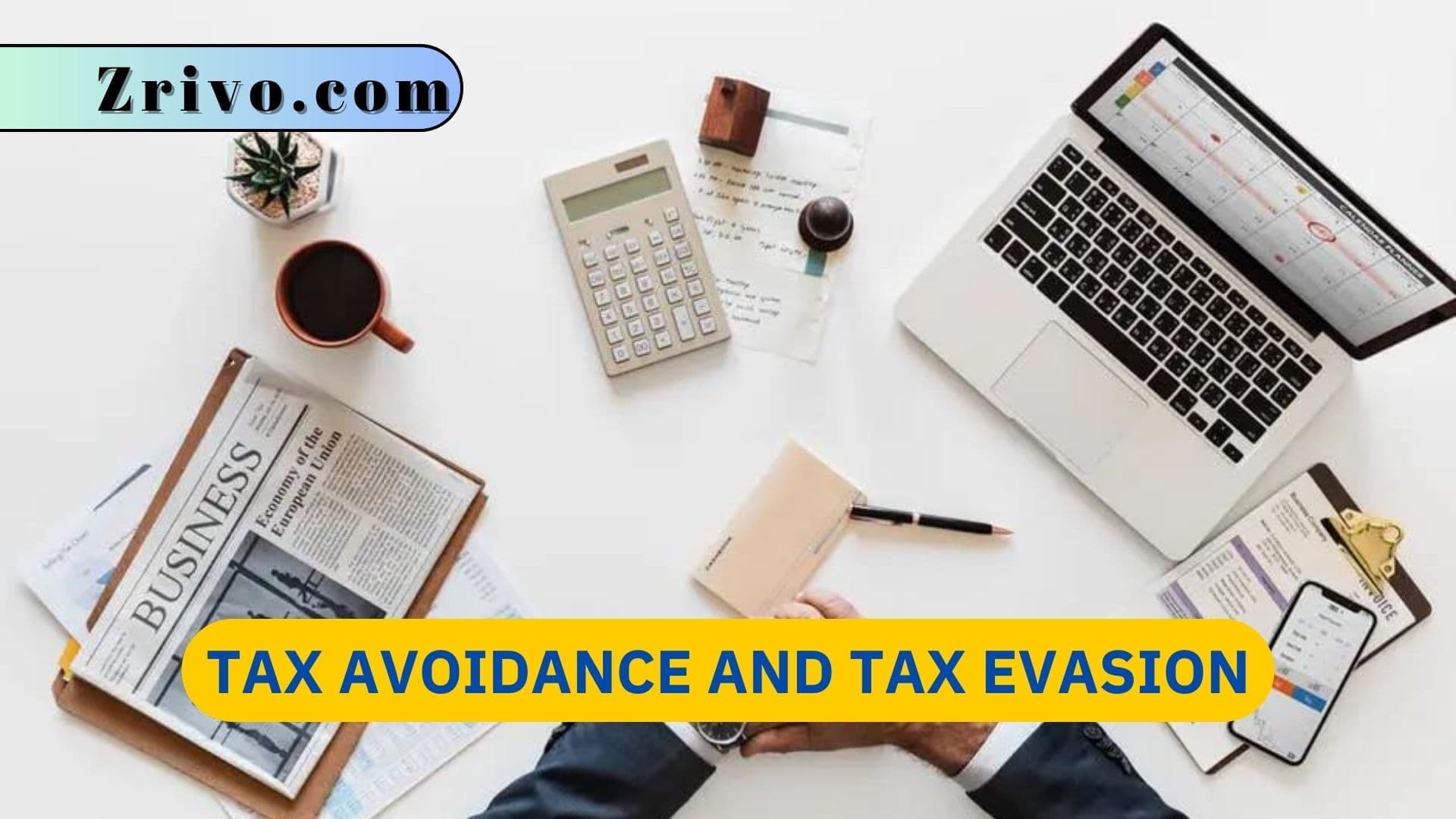
Many people are constantly looking for ways to reduce their tax liability. Some of these methods are legal, and others are not. It is important to understand the difference between tax evasion and tax avoidance to stay out of trouble with the IRS. It’s important to note that both tax evasion and tax avoidance are serious offenses, even when done in good faith. This is because the government has a wide range of tools available to investigate and prosecute tax fraud cases. For example, the IRS can use wire transfers, bank records, and other financial documents to identify possible evasion.
What is Tax Evasion?
Tax evasion involves intentionally hiding or under-reporting income in order to avoid paying taxes. The IRS defines it as “willfully evading or defeating the collection of tax.” This is a serious crime and can lead to jail time. However, it’s often hard to tell when shrewd planning crosses over the line into illegal tax evasion.
To be convicted of tax evasion, the government must prove three things:
- That the taxpayer attempted to evade or defeat a tax.
- That an additional tax was due and owing.
- That the taxpayer acted willfully.
The first requirement is usually easy to prove, as it’s straightforward to demonstrate that a taxpayer failed to report income or claimed inappropriate deductions. However, the second and third requirements are more difficult to establish. There are many ways to evade taxes, but the most common are under-reporting or omitting income. This can include failing to report rental income, claiming ineligible deductions, or hiding assets overseas. It is also possible to evade taxes by keeping two sets of books or making false entries in books and records. In addition, it is possible to evade taxes by hiding or obscuring assets, such as cash, jewelry, stocks, and bonds.
Tax evasion can be expensive, and even if you don’t get caught, it may still be worthwhile to find out how to minimize your tax liability legally. The best way to do this is by working with an accountant who understands the intricacies of the U.S. Tax Code and can help you identify what deductions you are eligible for and how to claim them.

Differences Between Tax Evasion and Tax Avoidance
The difference between tax avoidance and tax evasion is that avoidance is legal and tax evasion illegal. While all taxpayers must pay taxes, the government offers various schemes and tax privileges to help reduce their burden. For example, you may be able to reduce your tax burden by claiming eligible deductions or investing in financial instruments that offer certain tax advantages. Moreover, you may be able to minimize your tax burden by transferring your assets from high-tax jurisdictions to low-tax ones.
However, while tax avoidance is legitimate, tax evasion is not. It is illegal and can result in fines or imprisonment. It involves evading taxes through illegitimate means such as submitting fake tax forms, hiding income sources, concealing assets in foreign banks, claiming incapable deductions and exemptions, etc. Tax evasion is a serious offense and must be reported to the IRS immediately.
In addition to the penalties, a conviction for tax evasion can also affect your employment and personal life. It can cause you to lose your job, face a civil lawsuit, or even be jailed. Therefore, it is important to consult a reputable tax attorney before engaging in any type of illegal activity. Whether you are facing charges of tax evasion or just want to avoid paying too much in taxes, an experienced attorney can help you determine the best course of action.